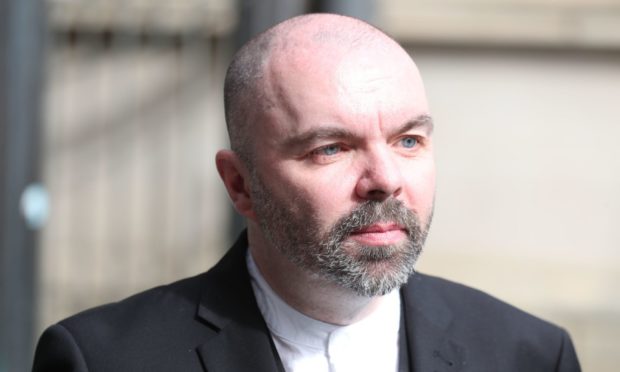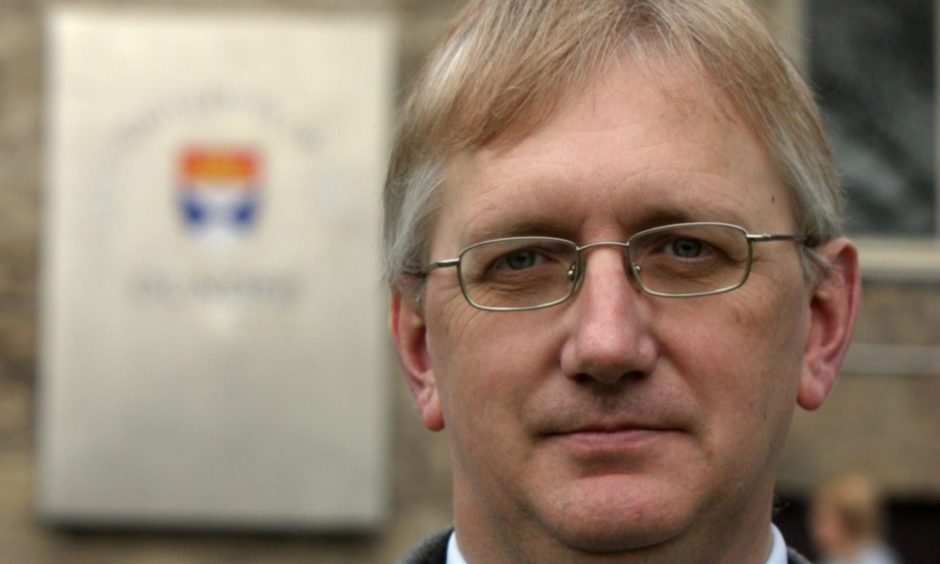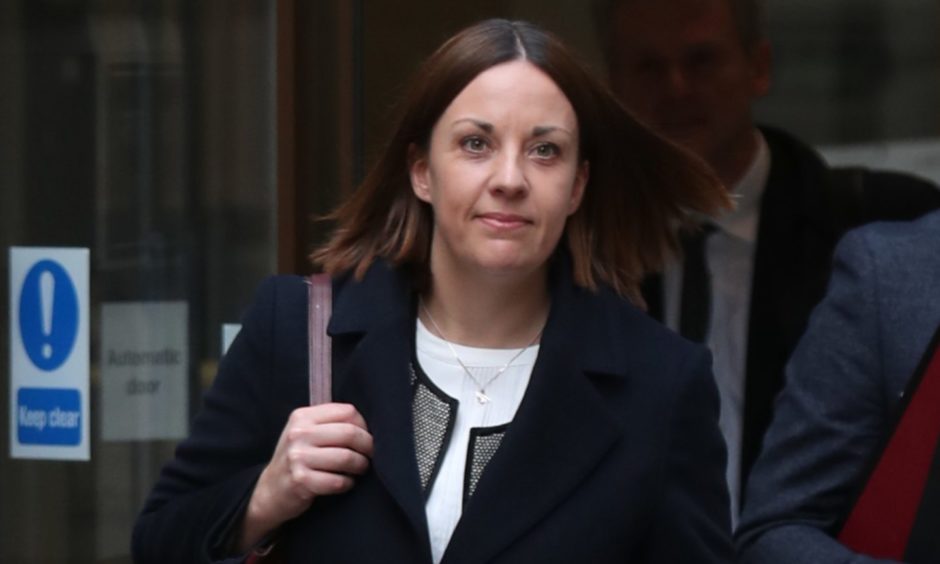A top media expert says controversial political bloggers might think twice about what they post after the sentencing of Craig Murray.
Professor Sarah Pedersen, a lecturer in communications and media at Robert Gordon University, made the comments after political blogger Craig Murray was jailed for eight months for repeatedly breaching a court order that protected the identities of the women who accused former first minister Alex Salmond of sexual assault.
Only a day later, pro-independence blogger Stuart Campbell announced his Wings Over Scotland blog is “over”, although he added he will take a “finally-final” decision on the blog’s future in November.
Mr Campbell said it has become “blindingly obvious” there will be no independence referendum in this parliament, and says “five miserable years of déjà vu” lie ahead, despite the pro-independence majority at Holyrood.
Craig Murray sentencing
Following Stuart Campbell’s announcement about the future of Wings Over Scotland, Professor Pedersen says the sentencing of Craig Murray will make a lot of political bloggers consider their position.
She said: “Stuart Campbell seems to have shocked quite a lot of people by doing this.
“Blogs in general do come to an end because they are very much driven by a passionate interest, whether it is politics or fashion or whatever, and it is consumed by that interest and the enthusiasm of the readership.
“I think Mr Campbell has also got an eye on Craig Murray because that case might have implications for bloggers going forward.
“Craig Murray’s case has probably made many bloggers on contentious political issues consider their own position and it is quite a coincidence the announcement on Wings Over Scotland comes at the same time.
“Stuart Campbell is probably not the only political blogger to start thinking about what they are saying.
We are coming to a new kind of time for social media users.”
“There are ethics on what you can and can’t say, and backing up what you say with evidence, and that is now perhaps being brought to bear more on social media.
“The fact Alba didn’t do very well in the polls will also have had an impact on Stuart Campbell’s decision.”
Wings Over Scotland and Kezia Dugdale
Stuart Campbell himself has been no stranger to the legal implications of what is said on social media, after he tried to take former Scottish Labour leader Kezia Dugdale to court for defamation.
In 2017 Kezia Dugdale wrote in her column for the Daily Record that Mr Campbell sent a tweet during the Conservative Party conference where he said Oliver Mundell (Conservative MSP for Dumfriesshire) “is the sort of public speaker that makes you wish his dad had embraced his homosexuality sooner”.
Kezia Dugdale accused him in her column of spouting “hatred and homophobia” towards others and making a homophobic reference towards Mr Mundell’s father, David Mundell.
Stuart Campbell, however, said Ms Dugdale had made a false statement about him and this would lead readers to wrongly believe he did not like gay people.
He wanted to sue Kezia Dugdale for £25,000 at Edinburgh Sheriff Court but Sheriff Nigel Ross QC ruled against him, leading him to take the case to the Inner House of the Court of Session.
There, however, Lord Carloway, Lord Menzies and Lord Brodie agreed with Sheriff Ross’s decision, and said Kezia Dugdale’s words were fair comment, adding the tweet was derogatory and contained a gratuitous reference to David Mundell’s homosexuality.
Despite this, Stuart Campbell insists his tweet was not a homophobic reference to David Mundell being gay, but instead a satirical criticism of Oliver Mundell’s public speaking skills – had the Court of Session agreed with him, Mr Campbell would have been awarded £5,000.
Social media is no longer a wild west
Professor Pedersen says what has happened to both Craig Murray and Stuart Campbell this week fits into the wider picture of governments across the world beginning to look at the power social media has, and discuss whether or not more guidelines need to be introduced to regulate what is said on social media.
This also comes after former US president Donald Trump was permanently banned from Twitter earlier this year “due to the risk of further incitement of violence”.
Professor Pedersen said: “We are coming to a new kind of time for social media users.
“It is no longer a wild west where anything goes. Governments are starting to move against not just individual bloggers, but social media giants.
“The decision about the power they have fits into the wider picture of governments beginning to realise the power that social media has and the need for more guidelines to be introduced.
“For a long time social media giants said they were not publishers, they were technology, and therefore didn’t make editorial decisions.
“But the decision to remove Donald Trump shows they have stepped away from just providing the technology to making decisions about who speaks and who doesn’t.”
New political bloggers could be on the horizon
Despite Craig Murray being sentenced and Wings Over Scotland calling it a day this week, Professor Pedersen does not think this spells the end of political blogging on the Scottish constitution.
She says the void left behind by these two prominent pro-independence bloggers will soon be filled by new bloggers who are keen to share their political opinions.
She said: “There are sure to be new political blogs all the time.
“It is fast moving and always changing so when a blogger steps back it creates an opportunity for a new blogger.
“We are all online and we want to read the latest opinions, and we want them for free so there will be new writers coming along, although they might not be producing a formal blog.
“All of these places will publish essays and controversial opinion pieces that perhaps wouldn’t go through an editor’s gatekeeping in a newspaper.”




